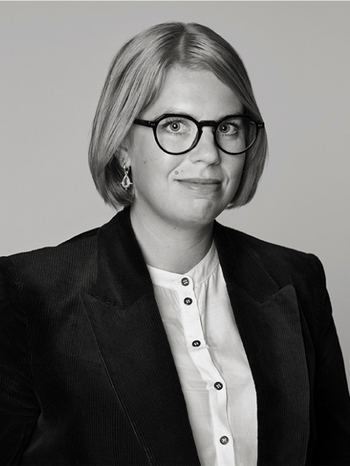Erland Cullberg
"Sibyllan"
Signed E Cullberg. Canvas 129 x 130 cm.
Provenance
Galerie Doktor Glas
Sivert Oldenvi Collection
Artist
Erland Cullberg, born 1931, is known for his expressive painting. He studied at the Royal Academy of Fine Arts in Stockholm and at Valand Art Academy in Gothenburg. During his studies in Stockholm, Cullberg was diagnosed with schizophrenia, or a “psychological cold” as he likes to call it. Cullberg had his breakthrough in an exhibition at Moderna Museum in 1989, where he simultaneously angered the critics and warmed the hearts of art lovers. Today he is considered a key figure in neo expressionism, the often figurative, emotionally intense painting that emerged after World War II with roots in Swedish expressionism. But Cullberg’s strongest influence was the Spanish-Greek 16th century artist El Greco, rather than Sigrid Hjerten and Isaac Grünewald. Cullberg's painting is violent but serves as a safety valve for him. In aggressive and chaotic masses of color, one finds figures that struggle with Cullberg's own battles with his divided self during long periods of schizophrenia. He paints at a furious pace, waging a constant battle against the paint. "Blue is fear, ochre friendliness, and red passion."
Read more












































